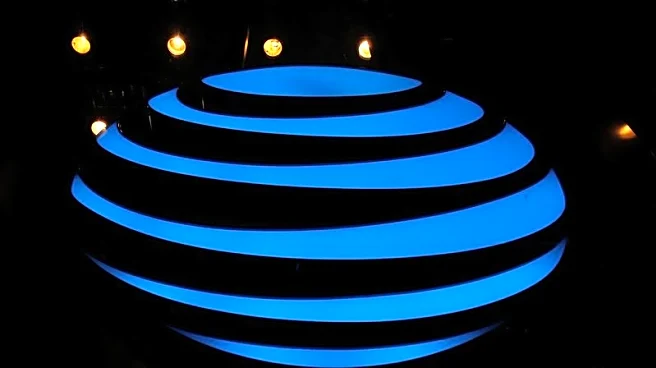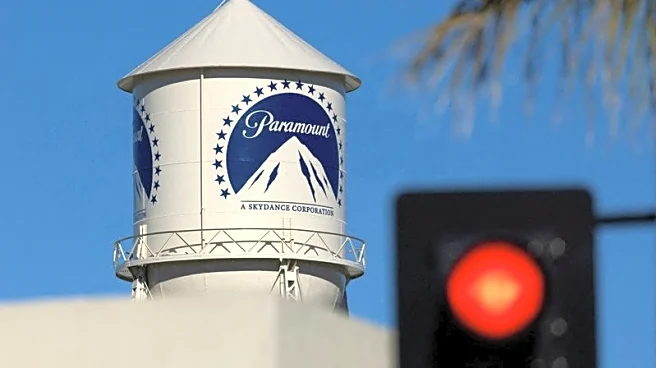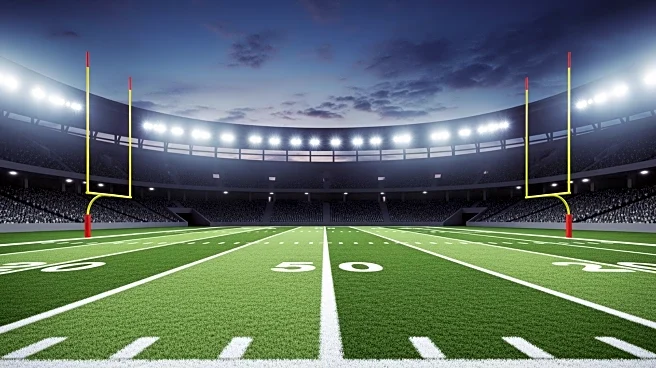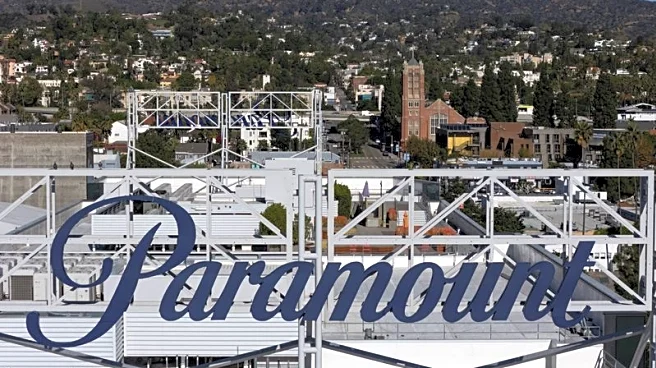Rapid Read • 7 min read
Lollapalooza, a major music festival, is celebrating its 20th anniversary in Chicago's Grant Park. The festival, which began in 1991, has evolved from a two-day event to a four-day extravaganza, featuring over 170 artists across various genres. This year, the festival runs from July 31 to August 3, attracting hundreds of thousands of attendees. Notable performers include Olivia Rodrigo, TWICE, and T-Pain. The festival's format has inspired similar events like Coachella, and it significantly contributes to Chicago's economy, generating over $440 million last year.
AD
Lollapalooza's success highlights the cultural and economic impact of music festivals in urban areas. It serves as a major tourist attraction, boosting local businesses and the hospitality industry. The festival's diverse lineup reflects the evolving music scene and promotes cultural exchange. It provides a platform for emerging artists, contributing to the music industry's growth. The event's ability to draw large crowds underscores the importance of live music experiences in fostering community and cultural engagement.
As Lollapalooza continues to grow, it may further influence the development of similar festivals across the U.S. The festival's success could lead to increased investment in Chicago's cultural events, enhancing the city's reputation as a major cultural hub. Organizers may explore expanding the festival's reach or incorporating new technologies to enhance the attendee experience. The festival's impact on local businesses and tourism is likely to encourage further collaboration between event organizers and city officials.
Lollapalooza's long-term presence in Chicago raises questions about urban planning and the sustainability of large-scale events. The festival's environmental impact, including waste management and energy consumption, is an area for potential improvement. Additionally, the festival's role in shaping Chicago's cultural identity and its influence on local music scenes could be explored further. The event's ability to adapt to changing musical trends and audience preferences will be crucial for its continued success.
AD
More Stories You Might Enjoy












